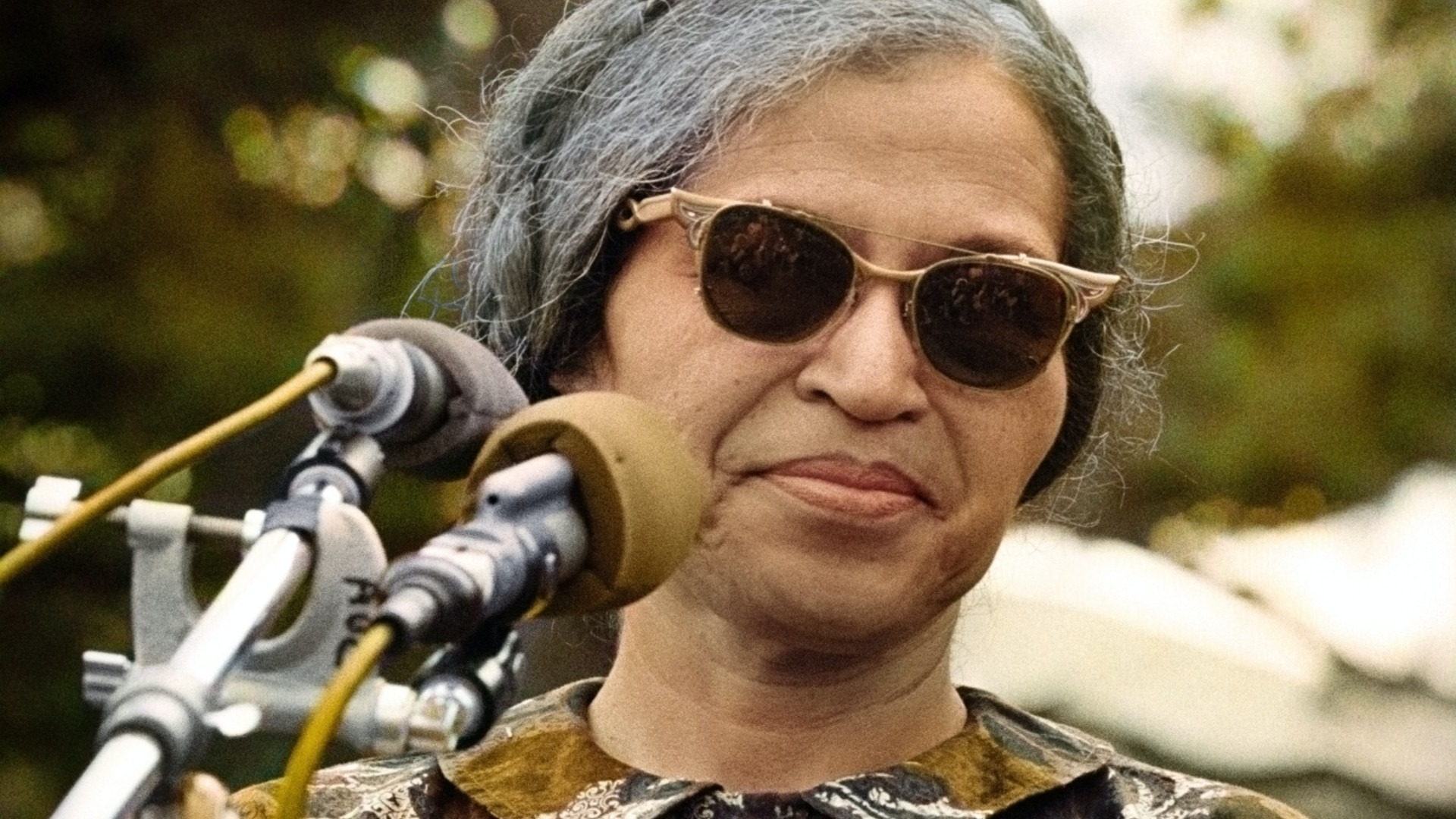Students keen to know more about the importance of Rosa Parks to the civil rights movement attended an online event presented by Kingston University Provost Professor Helen Laville.
Rosa Parks is known for her actions that sparked the Montgomery bus boycott when she refused to move from her seat to make way for a white passenger.
One of the main points was looking at the common representation of Rosa Parks, being portrayed as a “passive and old woman” said Laville, who added that this kind of representation of her was “scary when you consider that she was only 42 years old.”
She later added that Rosa Parks would be seen as passive within the movement itself when Martin Luther King became the public figure of the movement, stating that she would often be given small speaking roles despite always being happy to talk about it.
The second point of the presentation was looking at the circumstances around the Montgomery bus boycott that made it “something that happened at the right moment” as Laville described it.
She mentioned that it was not a case of people not protesting before the boycott; the boycott was just the protest one that was the most successful.
Montgomery was a city with a large population of African Americans who were ready to protest, including other significant names within the movement such as N. D Nixon.
Following the second World War, many African Americans had demanded better rights as many had volunteered to fight for America, saying that if they were going to fight for American democracy then they should be allowed to feel that democracy.
The segregation happening in America at the time was seen as an international embarrassment, with Russia pointing out that America couldn’t be the world’s leading democratic country if so many of its citizens were living with the fear of lynching.
The presentation ultimately drew attention to the fact that many representations of Rosa Parks show her as a less important figure within the movement than what she actually was.

